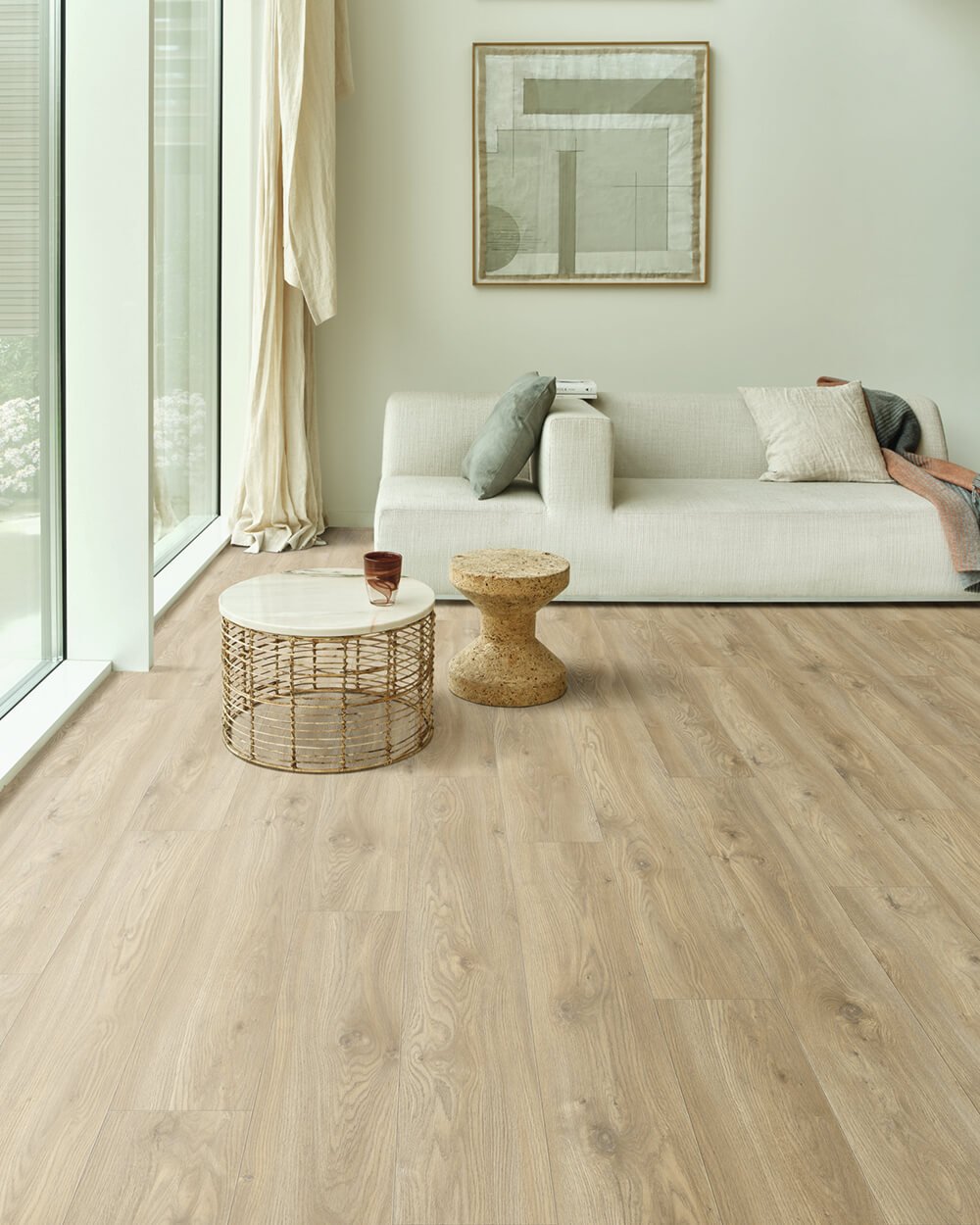Vinyl Floor Installation in Denver | Flooring Contractors — Denver Floor Company
Vinyl Floor Installation in Denver — Denver Floor Company | Hardwood Refinishing Flooring Contractor Denver
Luxury Vinyl Plank Flooring Installation Denver CO
Denver’s Top Flooring Installation Contractor | Denver Floor Company
Let our insured and skilled flooring installers renew your space with new vinyl flooring.
Vinyl plank is a great alternative to hardwood floor in terms of cost and durability. Vinyl Plank is a great option for basements due to the water resistant properties and also works well in main living spaces. There are so many colors and designs to choose from, vinyl plank is a great option for many purposes. .
Benefits of Vinyl Flooring:
Budget Friendly
Vinyl flooring won’t break the bank. For around $3-$4 per sq ft, you can have new floors that look great on all levels of the house
100% Waterproof.
Vinyl flooring is 100% waterproof which means you can install above, on, or below grade. Vinyl flooring is also bathroom and kitchen friendly.
Easy to install
Vinyl flooring is quicker and easier to install than hardwood. That means you will pay less for installation, making it a great option for homeowners on a budget.
Low Maintenance
Great for active households, Vinyl flooring is kid and pet-friendly with superior dent, scratch and stain resistance with a wear layer that stands up to almost anything.
Easy to Clean
Vinyl flooring is easy to clean using wet mop, steam mop, jet mop, or vacuum without beater bar.
Zero acclimation waiting time
Unlike with wood flooring, there is zero waiting time to install vinyl floors. Hardwood flooring must wait inside a home for approx 2 weeks in order to acclimate to the moisture. Vinyl plank can be installed right away.
Luxury Vinyl Plank (LVP)
Hybrid Flooring
Luxury Vinyl Tile (LVT)
What is the difference between LVT and LVP
LVP (Luxury Vinyl Plank) and LVT (Luxury Vinyl Tile) are both popular options in the world of resilient flooring, but they have some key differences:
Form: As the names suggest, Luxury Vinyl Plank (LVP) comes in plank form, mimicking the look of hardwood flooring, while Luxury Vinyl Tile (LVT) comes in tile form, replicating the appearance of stone or ceramic tiles.
Appearance: LVP typically resembles hardwood flooring, complete with realistic wood grain patterns and textures. LVT, on the other hand, often imitates the look of natural stone or ceramic tiles, with designs including marble, travertine, slate, and more.
Installation: LVP and LVT can both be installed using different methods such as glue-down, click-lock, or loose lay, depending on the specific product. However, LVP is more commonly available in click-lock planks for floating installations, while LVT may be more commonly installed using glue-down methods.
Durability: Both LVP and LVT are highly durable and water-resistant, making them suitable for high-traffic areas and environments prone to moisture. However, the durability can vary depending on factors like wear layer thickness and the quality of the product. In general, LVT may have a slight edge in terms of scratch resistance due to its thicker construction.
Cost: The cost of LVP and LVT can vary depending on factors such as quality, brand, design, and installation method. However, in general, LVP tends to be slightly more expensive than LVT, primarily due to its realistic wood-like appearance.
Ultimately, the choice between LVP and LVT comes down to personal preference, design aesthetic, and the specific needs of your space. If you prefer the look of hardwood flooring, LVP might be the better option, whereas if you're more interested in replicating the look of natural stone or ceramic tiles, LVT could be the way to go.

What is LVP and LVT made from?
Luxury Vinyl Tile (LVT) and Luxury Vinyl Plank (LVP) are both made primarily of PVC (polyvinyl chloride) and other additives. Here are the basic ingredients typically found in LVT and LVP:
Polyvinyl Chloride (PVC): PVC is the primary component of luxury vinyl flooring. It provides the main structure and durability to the flooring.
Plasticizers: Plasticizers are added to PVC to make it more flexible and easier to work with during manufacturing. They help give the flooring its resilient and soft characteristics.
Stabilizers: Stabilizers are included to prevent degradation of the PVC due to heat, light, or oxidation. They help ensure the longevity and stability of the flooring.
Fillers: Fillers such as calcium carbonate or limestone may be added to increase the volume of the flooring material and reduce costs.
Print Film Layer: This layer contains the high-resolution printed design that gives the flooring its desired appearance, whether it mimics wood, stone, or another material.
Wear Layer: The wear layer is a clear protective layer added on top of the print film layer to protect the flooring from scratches, stains, and fading. The thickness of this layer can vary depending on the quality and durability of the flooring.
Adhesive: In some cases, an adhesive layer may be included on the back of the tiles or planks to facilitate installation.
These ingredients work together to create a durable, water-resistant, and aesthetically pleasing flooring option suitable for a wide range of applications. Keep in mind that specific formulations and additives may vary between different brands and types of luxury vinyl flooring.







